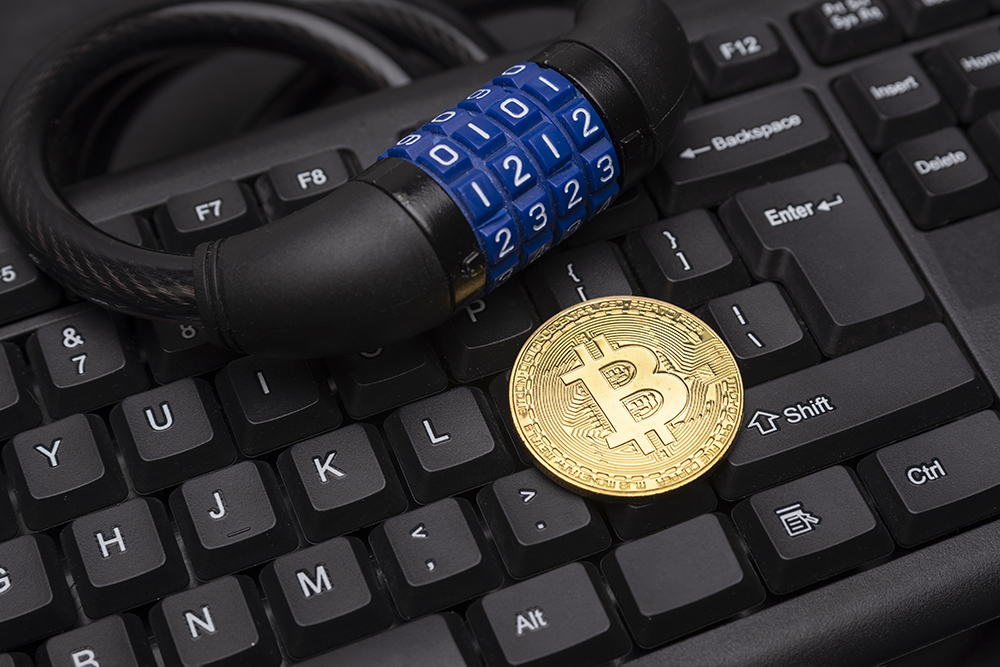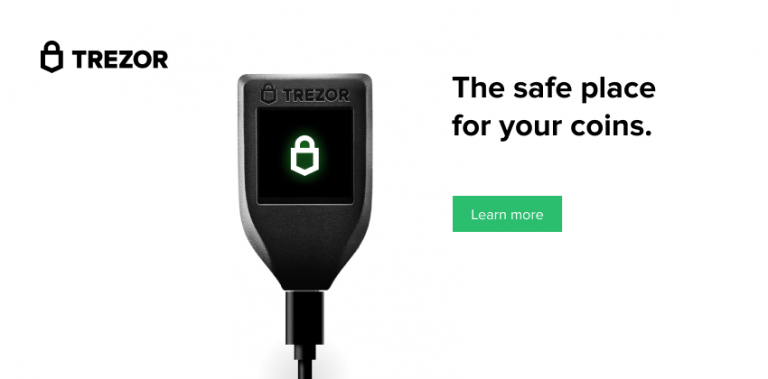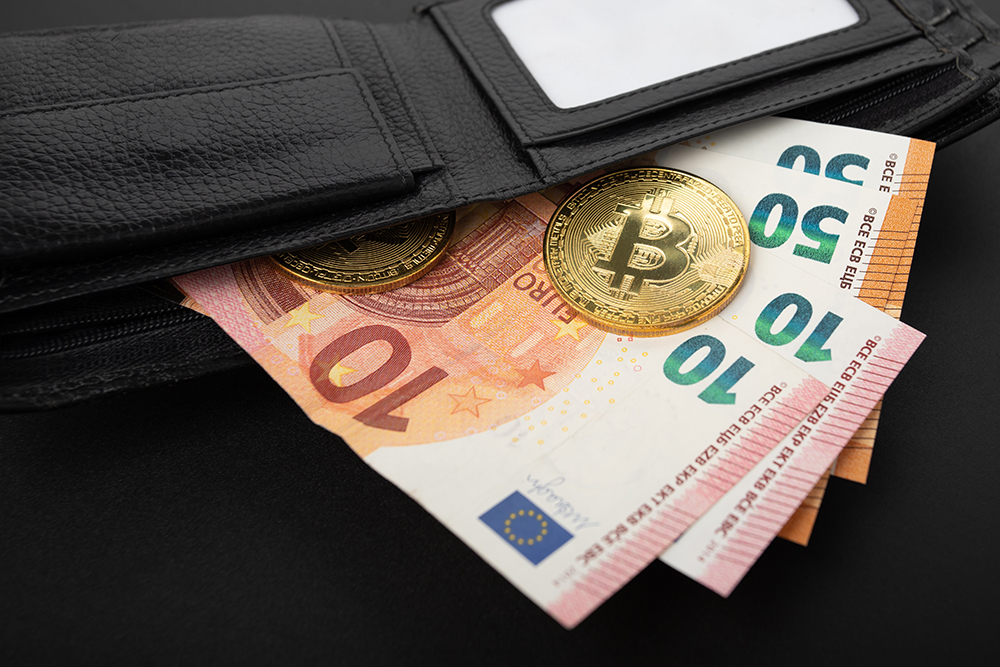There are new ways to buy, sell and store Bitcoin. As the technology gains wider acceptance in recent years, the more convenient and more secure investment method it becomes. Although the early days of Bitcoin may have been marred by hacks and fraud, but with the technology becoming more regulated and accepted by global financial institutions, it has largely come out of the shadows and gained a degree of legitimacy.
What Are the Risks Associated With Bitcoin?
There are three main risks associated with buying and owning bitcoins.
1. You could lose the private key that allows you to access your bitcoins.
2. Bitcoin’s value may decrease after you buy your bitcoins.
3. Someone could get access to your private key and take your bitcoins.
Technically, you’ll never physically possess bitcoins—Bitcoin is a digital currency after all. However, a private key is what gives you the ability to spend or transfer bitcoins, which gives you ownership over the bitcoins associated with it. If someone gets your private key, they could transfer the bitcoins into their digital wallet, and you might not have any way to get your money back. Some people choose to store their private key on their own rather than using an online wallet, and there are horror stories of people losing tens of millions of dollars worth of bitcoin after losing or throwing out storage devices.
The second risk is the same risk that’s associated with making any type of investment. Whether you’re buying stocks, bonds, mutual funds, indexes or lending money, there’s a chance that the value of your investment will decrease or the other party won’t pay you back. You may even lose your entire investment.
Bitcoin is a volatile investment, meaning the price may quickly move up or down. If you buy Bitcoin and later sell it when its value is higher, you could stand to gain a lot of money.
How to Keep Your Bitcoins Safe
Physical wallets, a safe deposit box at a bank could be another option, although those aren’t necessarily sure-proof as items could still be lost or damaged. The best way to keep your bitcoins safe is to have your private key stored in a device or app that isn’t connected to the internet, or in a non-digital form, such as written on a notepad. When your private key is stored somewhere that isn’t connected to the internet, it’s called a cold wallet.
You could also add an additional layer of protection to your cold wallet by encrypting the device. Or, in the case of a written private key, altering a few digits so it won’t be usable by others. Some people prefer to keep their bitcoins in an online digital wallet, particularly if they frequently buy and sell the currency or want easy access to their digital wallet from different devices. Many online cryptocurrency platforms or exchanges will create a wallet for you when you open an account.
Beyond where you store your wallet, the largest risk factor may be the human element. Cryptocurrency scams are on the rise, and fraudsters may try to get you to share your private key or account details. Or get you to install software that infects your devices and can steal this information.











Recent Comments